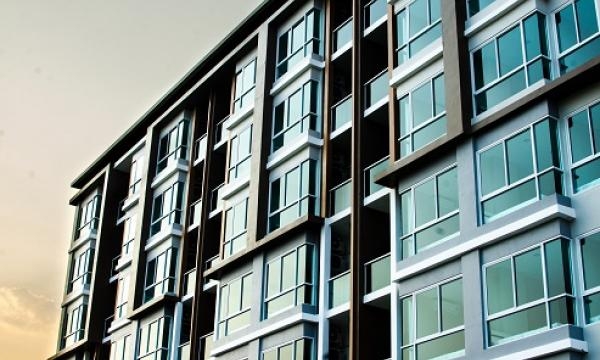
Developers would rather face hefty fines than reduce selling prices: report
Slashing prices will be counter-productive.
Some of Singapore's largest developers will soon have to fork out millions of dollars to pay off Qualifying Certificate (QC) and Additional Buyer's Stamp Duty (ABSD) penalties, but analysts argue that the fines will not be enough to push developers to reduce selling prices of their projects.
A report by CIMB highlighted that high-end developers will be more at risk from QC penalties, as luxury projects have a higher proportion of unsold inventory. The QC rule compels developers to complete construction of their developments within five years and sell all units within two years following the issue of its TOP (Temporary Occupation Permit).
If a developer cannot comply with these rules, then it is subject to extension charges of 8% of land cost (based on the unsold portion) for the first year, 16% in the second year and 24% in the third.
"As QC penalties are phased out, and affect mainly the high-end projects that have higher margins due to lower land cost, we think that QC would not compel developers to slash selling prices. Rather, we think that developers are likely to take a wait-and-see stance to see if there could be a lifting of policy restrictions in the medium term," CIMB noted.
Meanwhile, ABSD rules require developers to fork out 15% of the land purchase price if they fail to sell all units in the project within five years from the date of contract purchase.
Unlike the QC penalty, ABSD is not pro-rated for the amount unsold and hence is more punitive. CIMB expects projects with land sites that were bought from 2012 to face ABSD charges from 2017 onwards, if there are remaining units unsold.
“We expect developers to be more open to price cuts in order to clear inventory, particularly those with a higher percentage of sales. For those with lower take up presently, we think a haircut to prices may be counter-productive as buyers could stay away in anticipation of more price reductions. Hence, we think that such projects run the risk of lower-than-projected earnings when developers opt to pay the ABSD,” CIMB stated.
























 Advertise
Advertise






